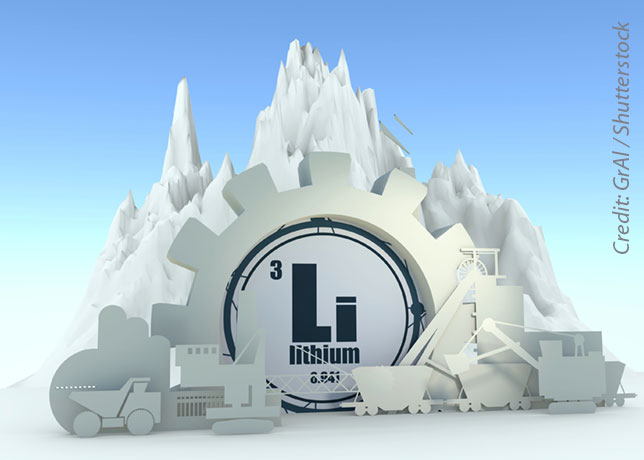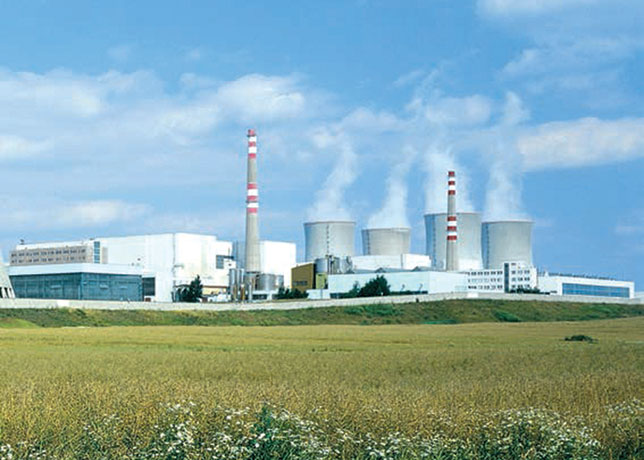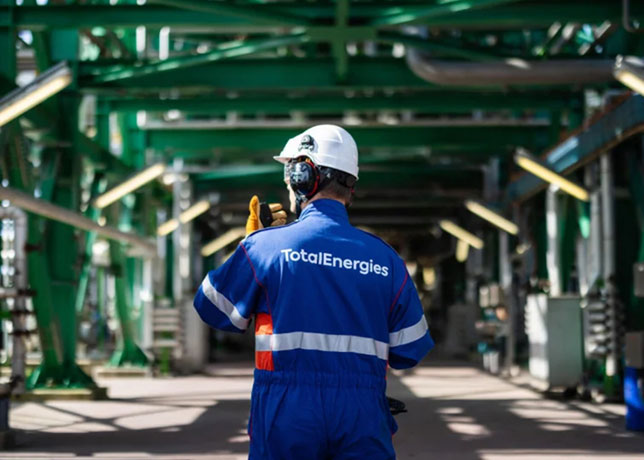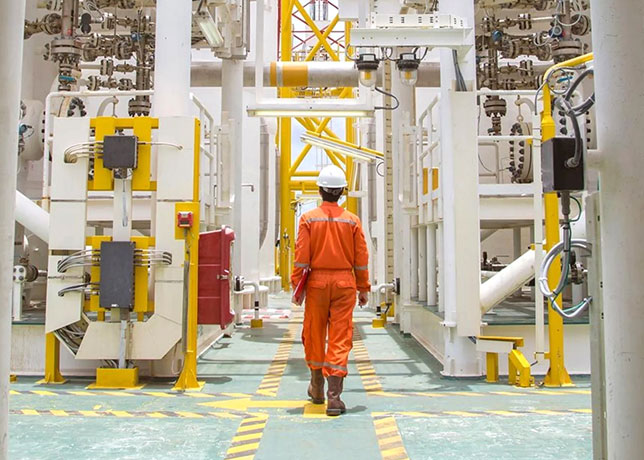
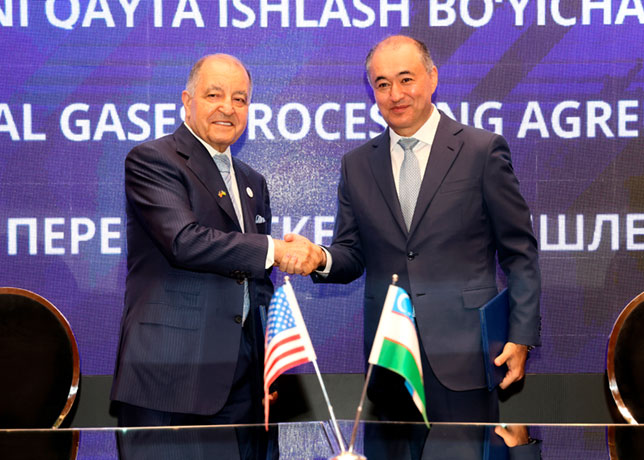 The Fergana Oil Refinery is partnering with Air Products to produce hydrogen
The Fergana Oil Refinery is partnering with Air Products to produce hydrogen
Air Products, a leading hydrogen supplier, has agreed to acquire Saneg's hydrogen production assets at Fergana Oil Refinery in Uzbekistan for $140 million, paving the way for wider commercial hydrogen use in the industrial production market in Uzbekistan.
Saneg founder Bakhtiyor Fazilov said: "This agreement with Air Products represents another significant step forward in our long-term modernisation plans for the Fergana Refinery with the world leader in hydrogen production. Saneg has a strong relationship with Air Products – their commitment and expertise will help us to achieve our goals of maximising the potential of Uzbekistan’s oil and gas sector, while supporting our country’s economic development. The agreement will also contribute towards one of the Uzbekistan government’s main priorities, strengthening our nation’s energy security by increasing domestic supplies of hydrogen."
The Fergana Refinery, operated by Saneg, is currently undergoing a comprehensive modernisation effort aimed at enhancing its production. These enhancements include the introduction of the hydrocracking process and the expansion of fuel processing depth to over 92 per cent, specifically for the production of Euro-5 diesel fuel and aviation kerosene.
Amongst the refinery’s modernisation goals is helping the Uzbekistan government diversify energy sources by industrialising the production of hydrogen. In 2021, the Fergana refinery selected Air Products as a supplier of two Pressure Swing Adsorption (PSA) units for the production of hydrogen. The renovation and acquisition of the hydrogen production units is a key component of the entire modernisation initiative.
The acquisition includes a steam methane reforming (SMR) unit, capable of processing either 100 per cent natural gas or LPG for high reliability operations. These assets, combined with the two PSA units originally supplied by Air Products, will ensure a reliable source of hydrogen production that can fulfill the demand of the refinery as well as the merchant market.







































































